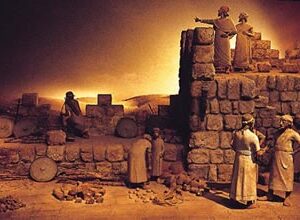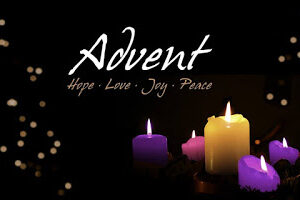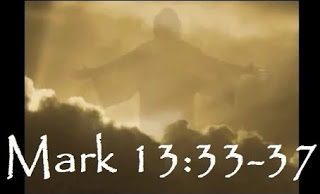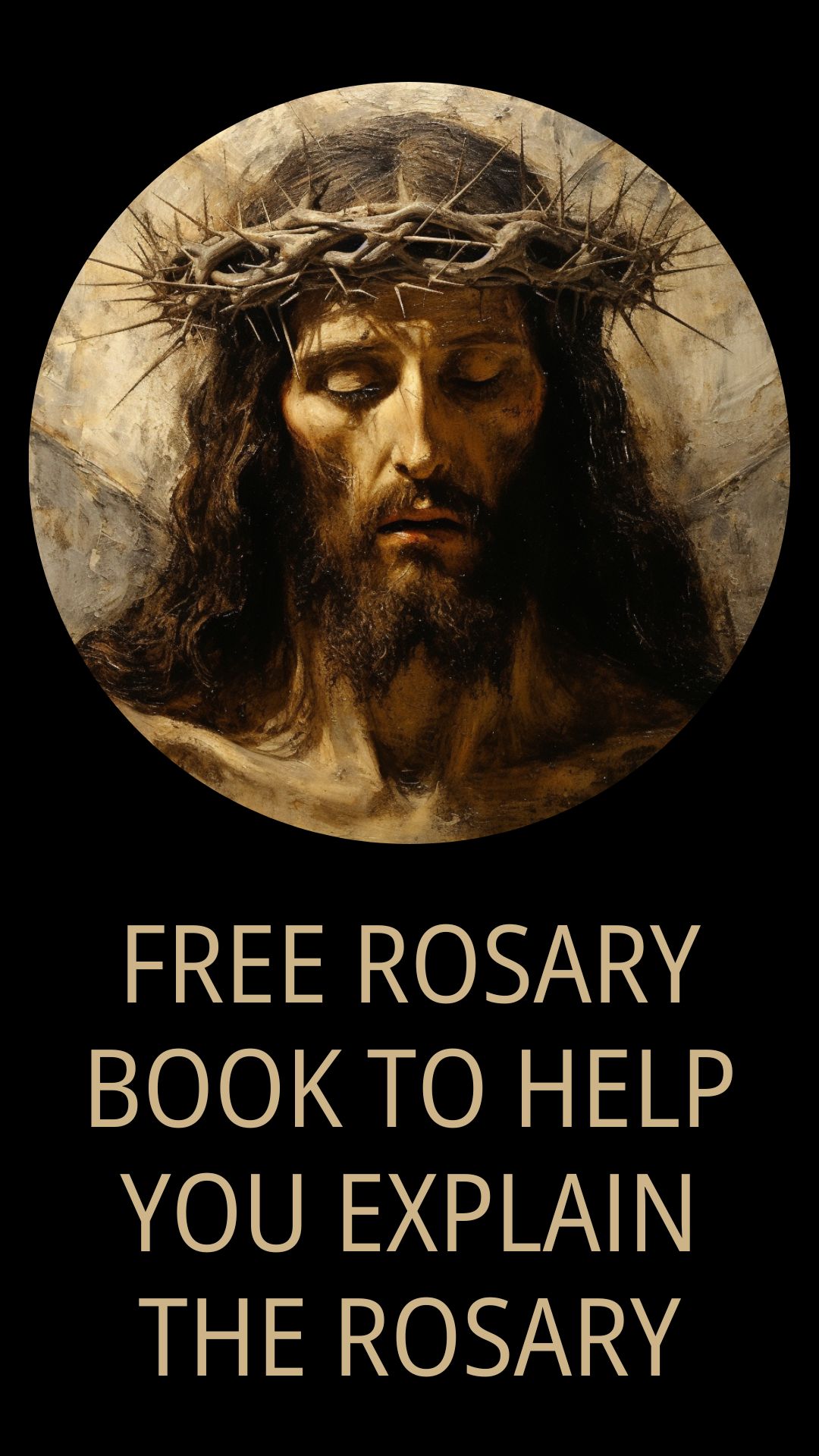“COME LORD JESUS, THE LIGHT IS DYING, THE NIGHT KEEPS CRYING…”
First Reading: Isaiah 63:16-17,64:1,3-8
Responsorial Psalm: Ps. 79(80):2-3,15-16,18-19
Second Reading: 1 Corinthians 1:3-9
Gospel Reading: Mark 13:33-37
_________________________________________

Similar to the Babylonian exile, which stands as one of the most devastating events in Jewish history, the Civil War in Nigeria could be considered the most destructive event in the nation’s history. This conflict resulted in over a million deaths due to its extreme brutality. The Civil War left a lasting mark on Nigeria, akin to a scar in its history. It was a painful and life-altering event, displacing many people and causing the loss of homes and properties. This phenomenon compelled citizens, especially the Igbos who suffered significant losses, to rebuild their lives entirely from scratch. Reflecting on this unfortunate event in Nigeria, considering the suffering, hardship, and brokenness it caused, may help us understand the sentiments of the Jews facing post-exile challenges. It allows us to empathize with their plea for God’s intervention in their lives, as depicted in today’s first reading. Little wonder, the Advent cry: “Christ come quickly, there’s danger at the door. Poverty a plenty, hearts gone wild with war. There’s hunger in the city and famine on the plain. Come, Lord Jesus, the light is dying, the night keeps crying: come, Lord Jesus…” written by Medical Mission Sister Miriam Therese Winter (b. 1938) greatly summarizes this Sunday’s message. It is a song imploring the intervention of God in a stark and devastating human history.
conflict resulted in over a million deaths due to its extreme brutality. The Civil War left a lasting mark on Nigeria, akin to a scar in its history. It was a painful and life-altering event, displacing many people and causing the loss of homes and properties. This phenomenon compelled citizens, especially the Igbos who suffered significant losses, to rebuild their lives entirely from scratch. Reflecting on this unfortunate event in Nigeria, considering the suffering, hardship, and brokenness it caused, may help us understand the sentiments of the Jews facing post-exile challenges. It allows us to empathize with their plea for God’s intervention in their lives, as depicted in today’s first reading. Little wonder, the Advent cry: “Christ come quickly, there’s danger at the door. Poverty a plenty, hearts gone wild with war. There’s hunger in the city and famine on the plain. Come, Lord Jesus, the light is dying, the night keeps crying: come, Lord Jesus…” written by Medical Mission Sister Miriam Therese Winter (b. 1938) greatly summarizes this Sunday’s message. It is a song imploring the intervention of God in a stark and devastating human history.
 The first reading, from the third book of Isaiah (Trito-Isaiah), recounts the experiences of the Jews following their return from the Babylonian exile. As they were led into exile, the Babylonians completely devastated Judah, leveling the city and plundering and destroying the treasures of the temple. Upon their return, the Jews faced the formidable task of rebuilding their lives entirely. They had to reconstruct their homes, the temple, and the city, while also reclaiming their identity and dignity. This process of starting anew was incredibly challenging, marked by a life encompassing sorrow, disgrace, illnesses, and hardships. In the first reading, we observe a range of emotions among the returning Jews, including
The first reading, from the third book of Isaiah (Trito-Isaiah), recounts the experiences of the Jews following their return from the Babylonian exile. As they were led into exile, the Babylonians completely devastated Judah, leveling the city and plundering and destroying the treasures of the temple. Upon their return, the Jews faced the formidable task of rebuilding their lives entirely. They had to reconstruct their homes, the temple, and the city, while also reclaiming their identity and dignity. This process of starting anew was incredibly challenging, marked by a life encompassing sorrow, disgrace, illnesses, and hardships. In the first reading, we observe a range of emotions among the returning Jews, including sentiments of guilt and outrage directed at God. These feelings alternate with expressions of praise, humility, anguish, and hope. Isaiah, in particular, conveys the hopeful expectation of God’s intervention in their current predicament. “Oh, that you would tear the heavens open and come down! – at your Presence the mountains would melt” Put in other words, in their case, there was “danger at the door,” “poverty a plenty, hearts gone wild with war; hunger in the city and famine on the plain…” – a situation where the light was dying and the night kept crying, asking God to come into their midst. Therefore, Isaiah hoped that if God would come into their midst, the people could be faithful to Him. Acknowledging the fact that the people were unfaithful, Isaiah asked for God’s forgiveness and acceptance: “You, O Lord, are our Father; we are the clay and You are the potter: we are all the work of Your hands.” This prayer was answered with the first Advent of Christ.
sentiments of guilt and outrage directed at God. These feelings alternate with expressions of praise, humility, anguish, and hope. Isaiah, in particular, conveys the hopeful expectation of God’s intervention in their current predicament. “Oh, that you would tear the heavens open and come down! – at your Presence the mountains would melt” Put in other words, in their case, there was “danger at the door,” “poverty a plenty, hearts gone wild with war; hunger in the city and famine on the plain…” – a situation where the light was dying and the night kept crying, asking God to come into their midst. Therefore, Isaiah hoped that if God would come into their midst, the people could be faithful to Him. Acknowledging the fact that the people were unfaithful, Isaiah asked for God’s forgiveness and acceptance: “You, O Lord, are our Father; we are the clay and You are the potter: we are all the work of Your hands.” This prayer was answered with the first Advent of Christ.
 During his first advent, Jesus instructs His disciples (and us) in the gospel reading to “Be on guard and stay awake,” because we do not know the time he would return (Parousia). This highlights the dual significance of Advent, focusing on preparing for the celebration of Jesus the Christ’s birth in His First Advent and anticipating His return as Christ the King in His Second Advent. Advent is more than a commemoration of a historical event; it involves vigilance for both past and future comings.
During his first advent, Jesus instructs His disciples (and us) in the gospel reading to “Be on guard and stay awake,” because we do not know the time he would return (Parousia). This highlights the dual significance of Advent, focusing on preparing for the celebration of Jesus the Christ’s birth in His First Advent and anticipating His return as Christ the King in His Second Advent. Advent is more than a commemoration of a historical event; it involves vigilance for both past and future comings.
This explains why in the gospel reading, Mark reminds the Christian community of Jesus’ call to be alert and prepared for the Parousia, referencing the parable of the gate-keeper. This section is sometimes called the “little apocalypse” as it discusses cosmic signs preceding Christ’s coming and His directive to be watchful. Christian alertness is essential, a continual preparation for meeting the Master, rooted not in fear but in hope for God’s promise of eternal life.
 In a nexus, Paul, in the second reading, eagerly anticipates Christ’s second coming, referring to it as “the Day of our Lord Jesus Christ.” He admonishes the Corinthians for being unprepared due to misusing the gifts of the Holy Spirit. Paul emphasizes that these gifts are meant to strengthen believers’ testimony of Christ. There’s an implicit call to vigilance, urging Christians to be watchful and ensure God’s gifts aren’t distorted for selfish ends.
In a nexus, Paul, in the second reading, eagerly anticipates Christ’s second coming, referring to it as “the Day of our Lord Jesus Christ.” He admonishes the Corinthians for being unprepared due to misusing the gifts of the Holy Spirit. Paul emphasizes that these gifts are meant to strengthen believers’ testimony of Christ. There’s an implicit call to vigilance, urging Christians to be watchful and ensure God’s gifts aren’t distorted for selfish ends.
Beloved friends in Christ, in the midst of challenging times, symbolized by darkness, threats, violence, and various crises, the call remains to stay awake and be prepared for Christ’s Second Advent. As we face difficulties, the Psalmist’s prayer resounds: “Lord of hosts, bring us back, let your face shine on us, and we shall be saved.” In these moments, the cry is raised: “Come Lord Jesus!” (Maranatha!)
Shalom!
© Fr. Chinaka Justin Mbaeri, OSJ
Paroquia Nossa Senhora de Fatima, Vila Sabrina, São Paulo, Brazil
nozickcjoe@gmail.com / fadacjay@gmail.com
___________________________________
PS: Have you prayed your Rosary today?






Powerful!!!!. Permission to share with my priest friends to assist them prepare for tomorrow.
Permission granted!
Come Lord Jesus, Maranatha!
May God help us to prepare our hearts to receive Christ, our Consolation in these precarious times, Amen. Come Lord Jesus!
“Come, Lord Jesus” Maranatha. We pray for your grace to be prepare for your coming at this period of Advent. Amen.